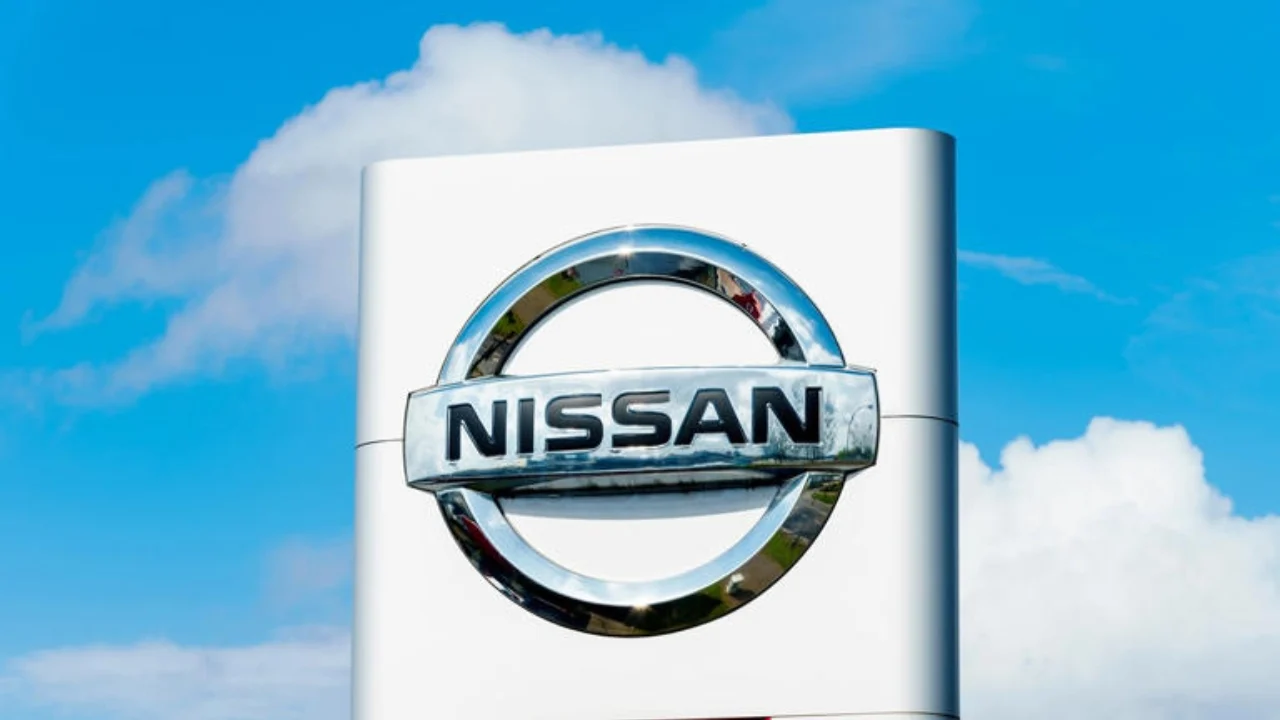At a tense annual general meeting in Yokohama, Nissan Motor Co. came under fire from frustrated shareholders over its deepening financial and operational woes. The meeting, held on June 24, marked the first for new CEO Ivan Espinosa, who recently succeeded Makoto Uchida in a leadership handover that now faces immediate scrutiny.
With shares down roughly 36% over the past 12 months, and dividends suspended, investor discontent has reached boiling point. Adding to the pressure, Nissan posted a $4.5 billion net loss in the last financial year and has so far declined to issue a full-year profit forecast. The company has only signaled a Q1 loss of 200 billion yen (~$1.38 billion)— raising alarms over its financial stability and turnaround credibility.
Drastic Measures on the Table
Espinosa, a company veteran, has already outlined bold restructuring plans that include:
- Shuttering seven production plants
- Cutting 20,000 jobs, representing nearly 15% of its global workforce
While these steps are aimed at stemming losses and regaining competitive footing, some shareholders see them as unfairly targeting frontline employees, while the executive board remains largely intact.
“You’re shifting the burden to workers while protecting yourselves,” said one investor during the meeting, calling for a board-level shake-up to restore trust.
Governance Under the Microscope
Adding to the tension was a proposal from Tokyo-based activist fund Strategic Capital, calling for Nissan to reassess and publicly report on its stake in listed subsidiary Nissan Shatai. Nissan currently owns 50% of the firm, which manufactures vehicles for the parent company. Strategic Capital, which holds a 3.5% stake in Nissan Shatai and a small holding in Nissan itself, argued that the current “parent-child listing” structure undermines transparency and investor fairness.
The proposal was ultimately defeated, but the vote breakdown remains undisclosed — a fact likely to keep investor unease alive.
Japan’s financial regulators and the Tokyo Stock Exchange have increasingly pushed public companies to clean up such ownership structures. Earlier this month, Toyota made headlines by announcing a $33 billion buyout of its own subsidiary, Toyota Industries, amid similar governance concerns.
“Toyota felt pressure and took action — Nissan needs to consider the same,” said Tsuyoshi Maruki, CEO of Strategic Capital.
365247 Media Insight: Nissan’s Future Hinges on More Than Just Cost-Cutting
While Espinosa’s turnaround plan is ambitious, it may not go far enough. Investor pressure is clearly not just about numbers — it’s about accountability, transparency, and a clear strategic vision for long-term sustainability.
The auto industry is transforming rapidly, with electrification, software-driven models, and new manufacturing paradigms reshaping competition. For Nissan to remain relevant, it must do more than trim costs — it needs to rebuild shareholder trust, restructure governance, and reignite innovation.
Without those pillars, even bold moves may fall flat.


